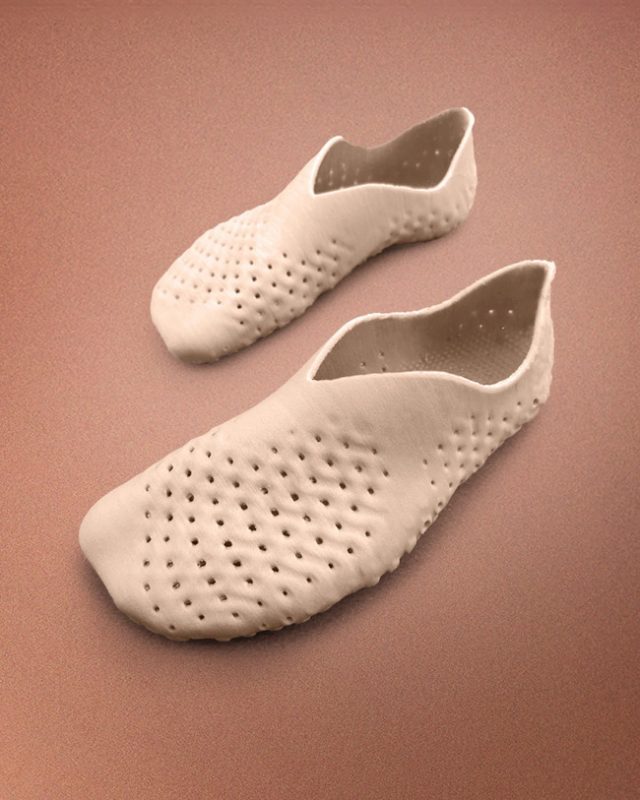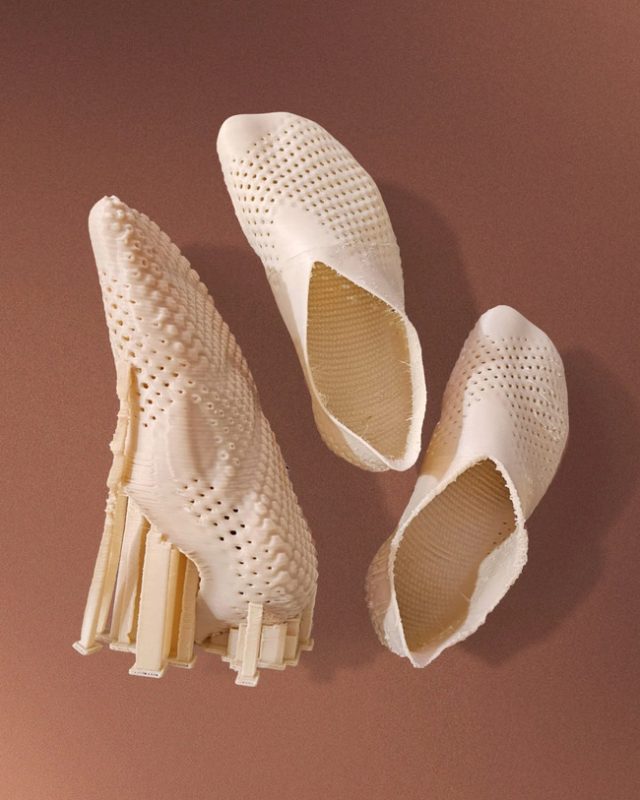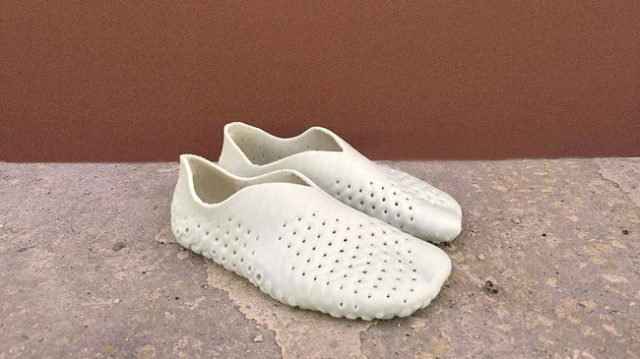
Vivobarefoot, in collaboration with material science company Balena, has introduced a ground-breaking concept in sustainable footwear with its “scan-to-print-to-soil” compostable trainers. The prototype shoes, revealed at the Biofabricate materials conference, are 3D-printed using a compostable thermoplastic material developed by Balena. The “fully automated process – scanned on phone and automatically printed” offers a unique approach to creating shoes, challenging the conventional industrial system of design, manufacturing, and disposal. Vivobarefoot envisions a future where products are produced on-demand, reducing waste and contributing to a more sustainable and circular economy.
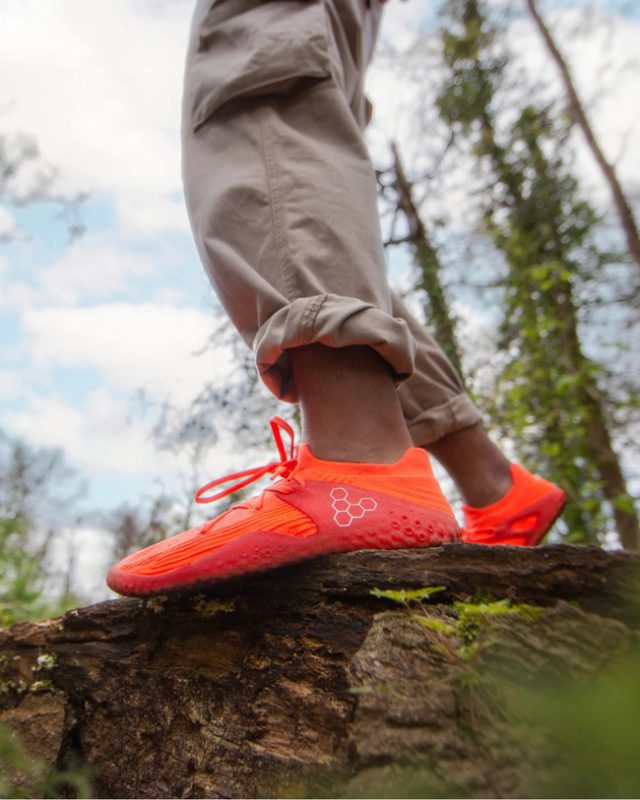
The “scan-to-print” process not only promotes sustainability but also emphasizes individual customization. By allowing customers to scan their own feet for a tailored fit, Vivobarefoot recognizes the diversity in foot shapes and aims to create footwear that complements the natural structure of the human foot. The prototype shoes, made from Balena’s BioCirflex material, meet international biodegradation standards, emphasizing the commitment to environmental responsibility. However, the company acknowledges that establishing a composting infrastructure will be crucial before a mass launch, underscoring the importance of building a circularity logic for the material.
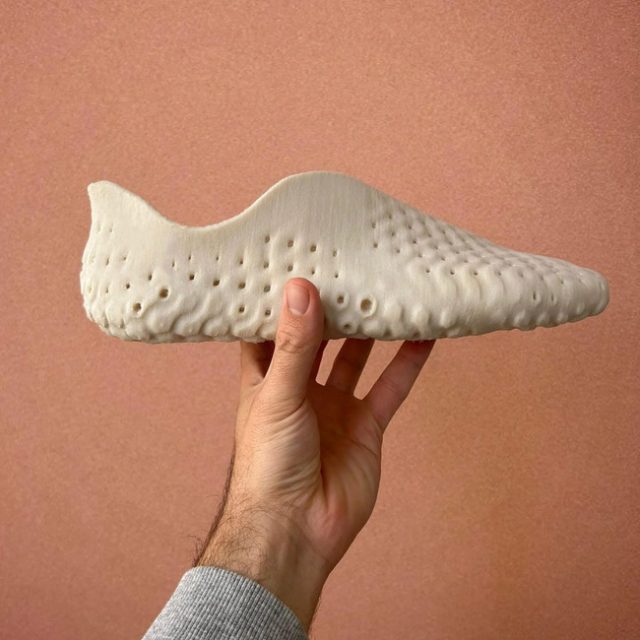
Vivobarefoot’s initiative aligns with its broader mission to revolutionize the footwear industry by challenging the negative impact of heavily cushioned shoes on both feet and the environment. Co-founder Asher Clark believes that the traditional manufacturing process is inherently wasteful and environmentally damaging. By introducing compostable trainers and advocating for a shift to an on-demand, sustainable model, Vivobarefoot aims to set new standards in the industry, emphasizing the importance of minimal material usage and considering the end-of-life impact of footwear.
